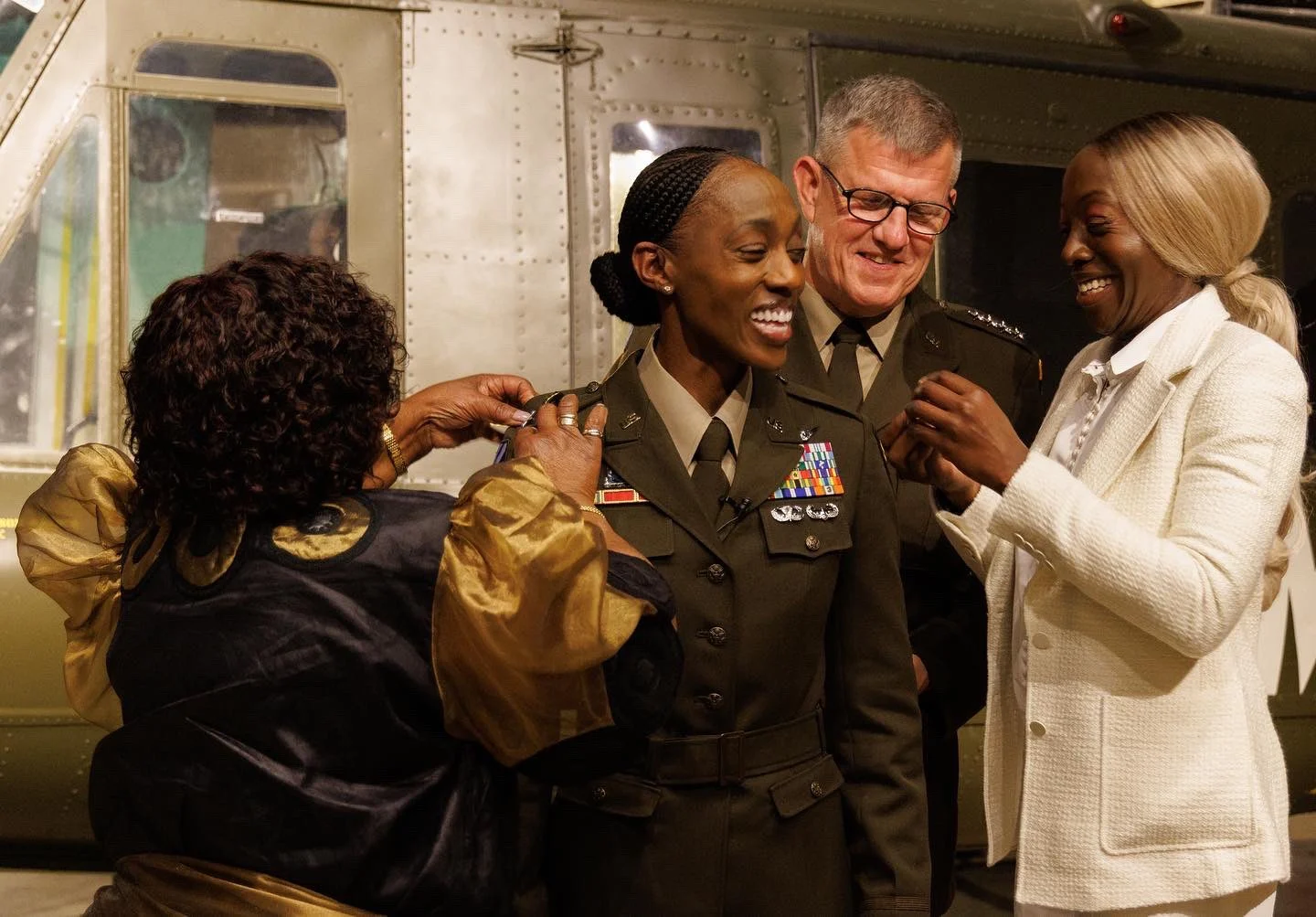To lower borrowing costs for vulnerable nations, the World Bank has announced the elimination of several loan fees. The action is a component of larger initiatives to increase financial capacity and tackle pressing global issues including inequality, climate change, and economic instability.
This was revealed by the international bank in a statement on Wednesday. The bank has extended its lowest pricing to tiny, fragile nations, removed the prepayment cost on International Bank for Reconstruction and Development loans, and instituted a grace period for commitment fees on undisbursed amounts.
“The bank is working hard to make it easier for countries to borrow and to pay back their loans more easily by removing some fees on IBRD loans,” the financial institution stated.
The financier claims that these adjustments are intended to relieve the financial strain on countries that require development funding the most.
“These measures are designed to make borrowing easier and more affordable for countries facing significant challenges,” the bank said. It added that the reforms align with its vision of building a “better, more efficient, and bigger” institution capable of addressing overlapping global crises.
The World Bank’s larger financial reforms, which include fee eliminations, are intended to boost lending capacity by $150 billion over the next ten years.
As part of the changes, the IBRD’s equity-to-loans ratio was lowered from 20% to 18%, allowing for an additional $70 billion in lending over ten years.
According to the statement, $1 billion was obtained through a guarantee from the Asian Infrastructure Investment Bank, and an additional $10 billion has been released through bilateral guarantees.
“The adjustments to our capital framework reflect our commitment to scaling up resources while maintaining financial stability,” the bank said.
The international lender highlighted that these adjustments are essential to tackling the billions of dollars that are required each year to help fragile governments, fight climate change, and advance digital inclusion.
It did concede, nevertheless, that states and multilateral organisations are insufficient to discharge these financial obligations on their own.
The Bank has created a Framework for Financial Incentives to close the gap, promoting investments in cross-border issues like pandemic prevention, energy access, water security, and biodiversity.
